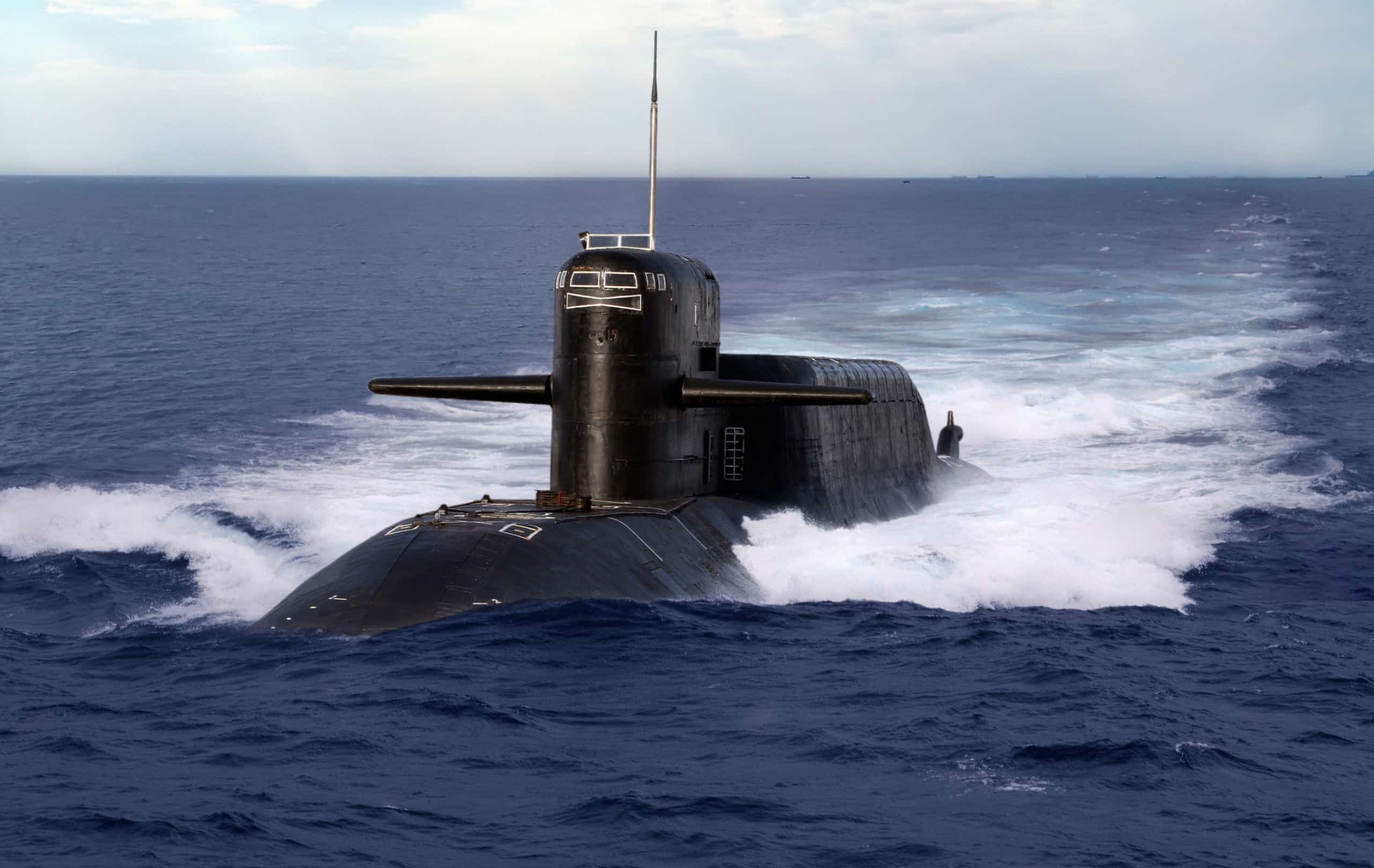Systematiq is Defence Strategic Review Ready
By Victor Zhang, Systematiq.
With the Defence Strategic Review (DSR) in the hands of the PM and to be released to the public very shortly, Australia’s defence industry is abuzz with anticipation to what will be one of the most significant defence-related reports since the Albanese government took office.
The review itself seeks to provide a revaluation of Australia’s defence capabilities to match its current position in the global strategic and geopolitical landscape.
In what the Department of Defence describes as an ‘extensive examination of Australia’s Defence Force posture, force structure and capabilities’, the DSR will play a key role in informing the country’s defence policy and guiding plans for the decades to come.
As the review’s declassification and release to the public draws nearer, many defence analysts have given their insight in regard to what exactly it will entail.
One such analyst, ANU Professor of Strategic Studies Hugh White, in his interview with ABC’s Laura Tingle, predicts that the review will mark the end of what he refers to as the Australian government’s ‘love affair’ with the Army, as resources begin to shift towards Australia’s Air and Maritime capabilities in light of Australia’s ‘rapidly deteriorating’ strategic circumstances.
He also forecasts that projects for Infantry Fighting Vehicles will be ‘scaled back’, in favour of a stronger focus towards capabilities which reinforce Australia’s security and resilience—namely, planes and ships.
With China’s rapid military build-up heightening tensions around the Indo-Pacific, it is no secret why many analysts anticipate such a move.
The Secretary of the Department of Defence Greg Moriarty has commented that Australia’s defence planning will be informed by the assumption that ‘significant conflict might break out in the Indo-Pacific’ within the next decade, whilst retired Major General Mick Ryan concerningly notes that ‘our nation is unable to defend most of our existing bases against missile or air attack’.
Hugh White also asserts that in the past, air and maritime forces have primarily been relegated to a supportive role, by supporting our land forces deployed overseas. However, he believes that the DSR is set to reposition these divisions into key players in Australia’s defensive strategy, with the core task of preventing other countries from projecting their ‘power by sea’ against Australia and its allies.
White, amongst others, believes that the DSR’s main vision will be a common-sense one: allocating funds to capabilities which are more adequately suited to Australia’s position as an island nation in a predominantly maritime part of the world. This will likely comprise of capabilities such as missiles, sea mines, surface ships, and submarines.
Ultimately, the DSR holds immense implication for the defence industry in Australia, as our industry supply chain adjusts to meet reallocated budgets and shifting demands.
However, with the reshuffling of defence project priorities comes a host of new opportunities for manufacturing, defence suppliers, and small to medium enterprises looking to enter the industry.
Defence consulting firm Systematiq is well-equipped to receive the Review and any changes it may entail.
With over 12 years of presence in Australian defence industry, Systematiq possesses a wealth of expertise and experience when it comes to providing business strategy and responding to government policy within the defence sector.
In this period of uncertainty, Systematiq remains a source of competent and reliable guidance; ready to provide companies with the knowledge and tools necessary to adapt to any shifts in policy that the review may catalyse.
Systematiq Director of Strategy and Projects, Brydon Johnson, comments: ‘Ultimately, it’s about identifying the right projects for our clients to pursue, and having an understanding of the primes with the capabilities identified in the DSR.’
‘Many of our clients already have existing air and maritime arms; upon the release of the DSR, it will be necessary to review any projects that may have changed priorities, and then engaging with these clients to get that conversation started.’
‘The key,’ he emphasises, ‘is understanding what is now being asked of Defence to meet the Government’s new priorities, and then identifying how we (and our clients) can support these priorities, and how we can position to respond quickly.’
‘Our aim is to add value and provide expertise across all levels of the defence industry supply chain and ensure key priorities and projects are being delivered, whether we’re working with the Commonwealth directly, or as a consulting partner.’
Contact Systematiq to discuss how you can prepare for the DSR and to ensure your business has the right connections to move forward with defence industry projects.





